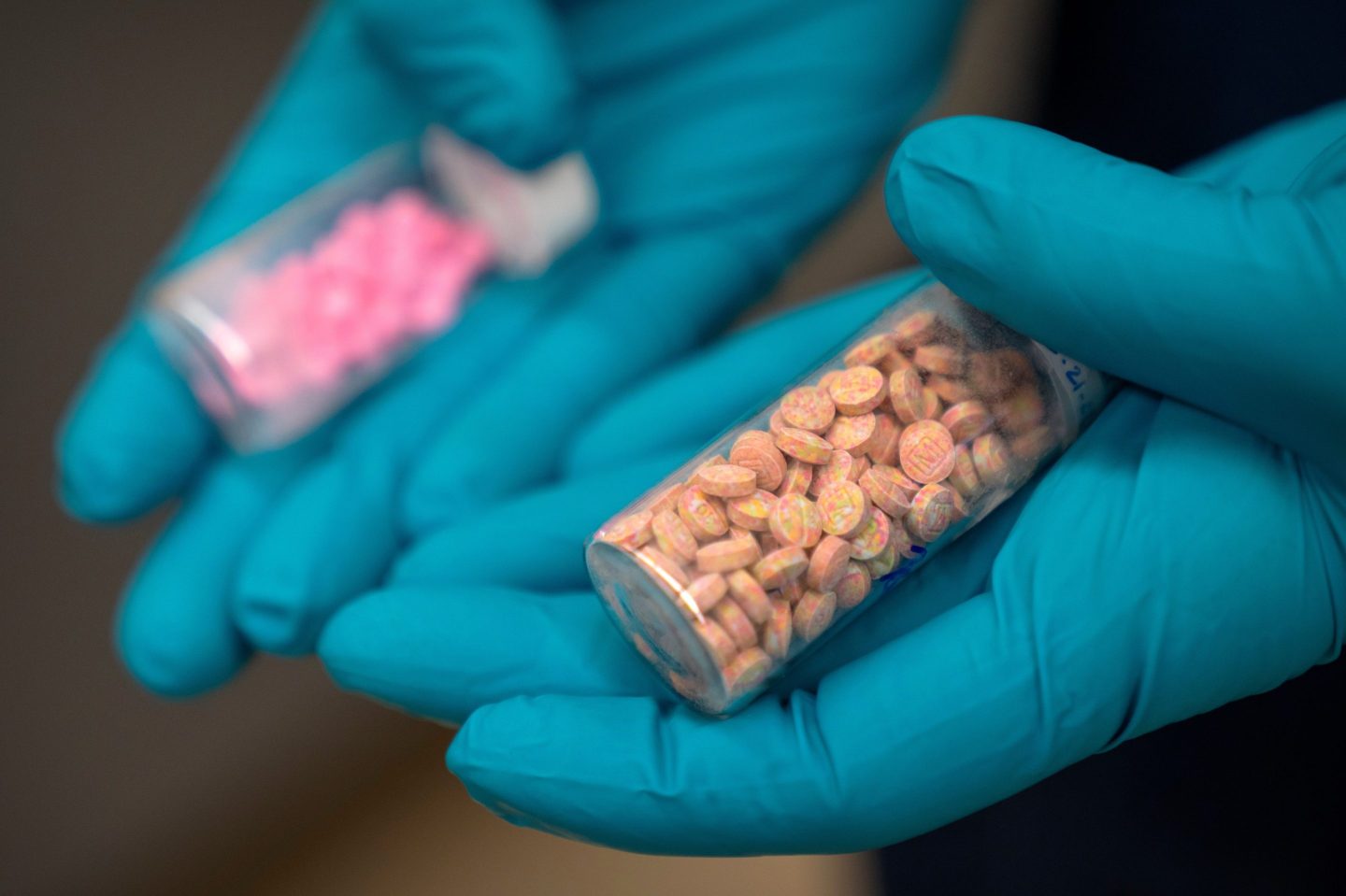One of the most significant balancing acts in medicine involves figuring out when—and which—treatments do more harm than good. It’s an issue that has implications for everything from the opioid crisis to the rising rate of ADHD drug overdoses to the generally lavish (and unaffordable) cost of American health care, which still favors the bulk of services provided over demonstrable, cost-effective outcomes.
Powerful prescription drugs draw a big share of the attention on this front. But over-the-counter and non-prescription treatments are an important factor to consider in the dilemma, too. And the Food and Drug Administration (FDA) has been on a recent tear calling out companies (and therapies) that it considers all-steak, no-sizzle, and possibly harmful. The latest target? Children’s gel teething products that contain the painkiller benzocaine.
Subscribe to Brainstorm Health Daily, our newsletter about the most exciting health innovations.
“The FDA is committed to protecting the American public from products that pose serious safety risks, especially those with no demonstrated benefit,” said FDA Commissioner Scott Gottlieb in a statement. “Because of the lack of efficacy for teething and the serious safety concerns we’ve seen with over-the-counter benzocaine oral health products, the FDA is taking steps to stop use of these products in young children and raise awareness of the risks associated with other uses of benzocaine oral health products.”
Companies are being urged to voluntarily halt sales of—and parents are being urged to eschew—these sore gum treatments, which are commonly used to treat pain related to teething and other various mouth irritations. The FDA specifically named gels, sprays, and ointments such as Anbesol, Baby Orajel, Cepacol, Chloraseptic, Hurricaine, Orabase, Orajel, and Topex in its statement. Specifically, regulators say that these benzocaine-containing products may be associated with a scary condition called methemoglobinemia, “the result of elevated levels of methemoglobin in the blood [which] can lead to death” by sharply reducing the amount of oxygen carried through the blood. The ultimate purpose here is to discontinue these treatments’ marketing altogether; if companies don’t play ball, “the FDA will initiate a regulatory action to remove these products from the market.”
It’s far from the first time Gottlieb has placed his crosshairs on consumer products he and his agency deem too risky for their benefits, especially when it comes to pain relief. In a move that’s inspired controversy among some alternative treatment enthusiasts, the FDA has taken a sharply critical stance on kratom, a popular herb marketed for its ostensible pain-numbing properties that the agency says is an opioid in and of itself.











